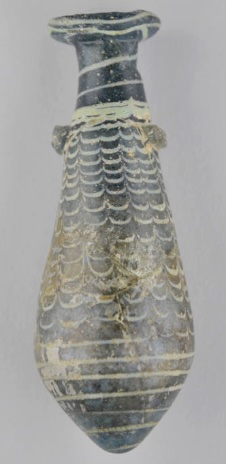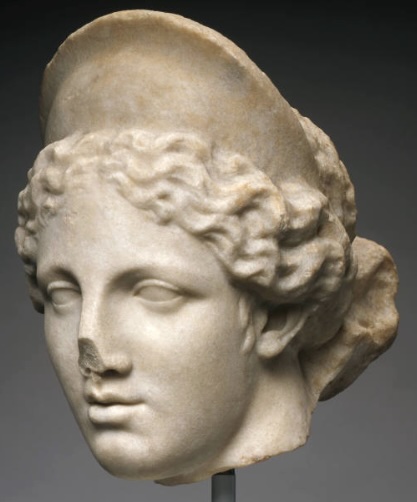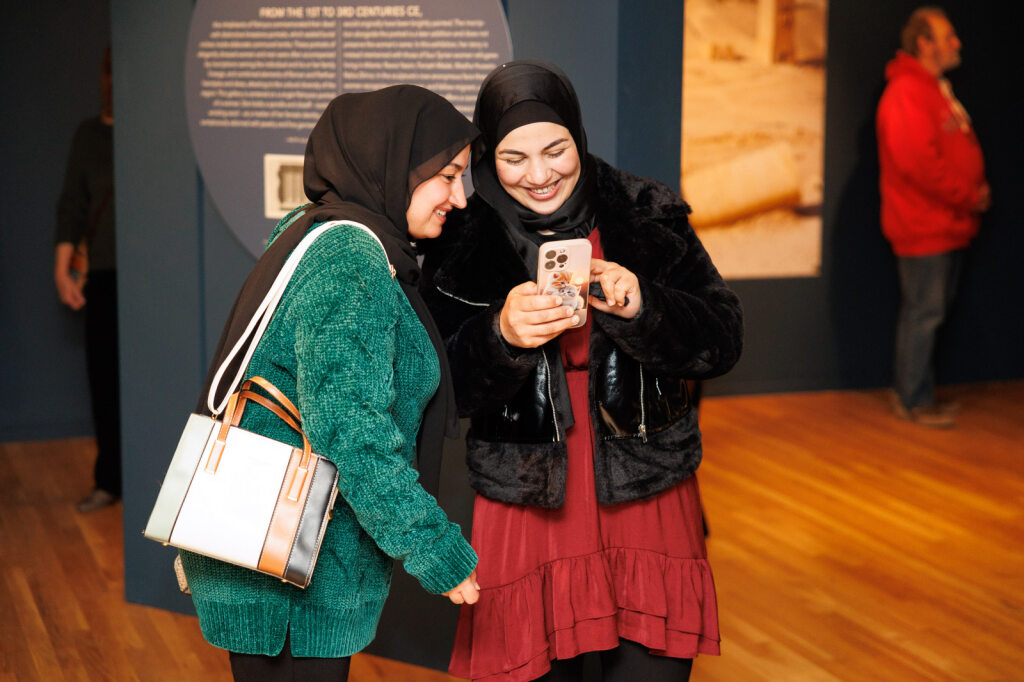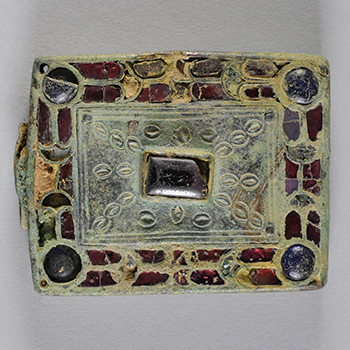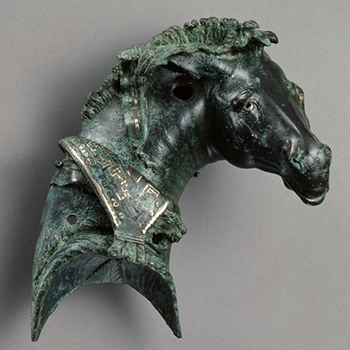Student Events
The Carlos Museum hosts monthly drop-in art-making sessions called Student Studio, in the Tate Room on the Plaza Level of the museum. Drop by, take a break, and view and make art!
Internship Opportunities
The Michael C. Carlos Museum offers internship opportunities for university students across various departments, providing valuable experience in curation, education, collections management, conservation, marketing, and more. Whether you're passionate about art history, chemistry, business, medicine, or beyond, an internship at the Carlos Museum is a great way to explore your interests and gain professional experience.
Work-Study Opportunities
The Carlos Museum offers a wide variety of work-study opportunities across the Museum's departments. To learn more about available student work-study positions at the Carlos, contact Lisa Fields, senior business manager, at lisa.fields@emory.edu.
Connect through Coursework
From entire courses developed around the collections to one-time visits on a specialized topic, students can connect with the museum by enrolling in classes taught by museum curators, conservators, and faculty in a variety of departments and disciplines. The courses listed below are examples of how courses across the university utilize the museum's collections.
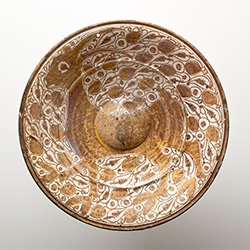
Designed to complement the spring exhibit Wondrous Worlds: Art & Islam Through Time & Place at the Carlos Museum, this course focuses on the formative period of medieval Islamic art from the 6th through the 13th centuries.
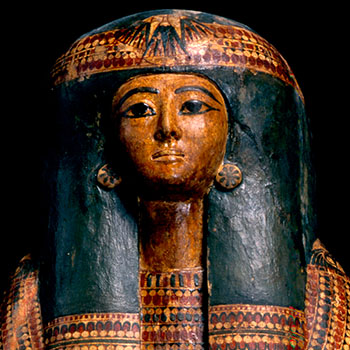
The great majority of ancient Egyptian objects in museum collections were made and/or used for religious purposes. This course explores ancient Egyptian relations to gods, spirits, and the dead through objects in the Michael C. Carlos Museum.
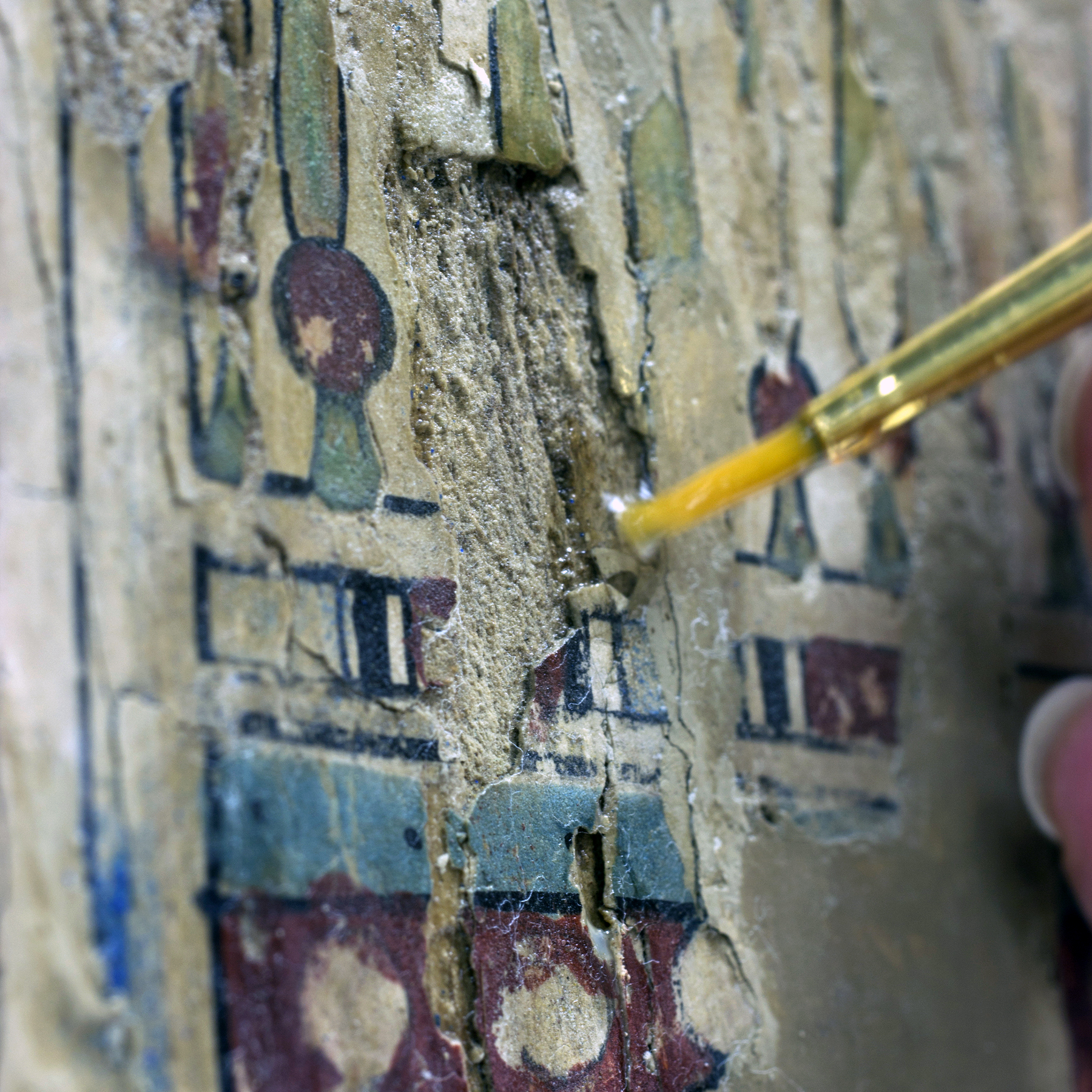
Students will explore the principle issues surrounding the care and preservation of art and cultural property, considering materials, deterioration, object history, and treatment.
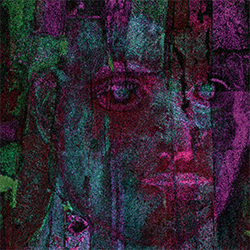
Through technical investigation of museum objects, students will explore material choice, working process, authenticity, provenance, and restoration history.
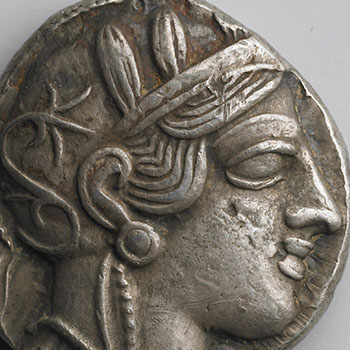
Coins, cameos, and intaglios reflect a diverse array of imagery. This course examines Roman imperial coins and gems and the rich microcosm of ancient artistic production they represent.
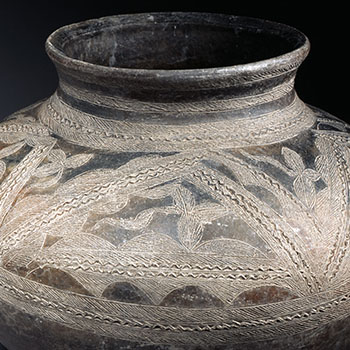
Our supply of fresh water, critical to our survival and the ecosystems that sustain us, is in crisis. This course visits the Carlos Museum to explore objects related to the scarcity and excess of water in cultures across time and around the globe and the ways in which water shapes social structure and religious ritual.
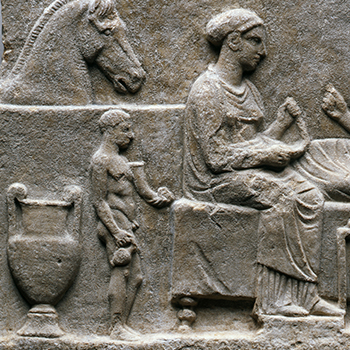
The white marble statues and busts that typically fill galleries of Greek and Roman art, including those of the Carlos Museum, present a familiar idealizing vision of the classical past that is often also an idealizing vision of the West's cultural inheritance and contemporary identity. This course looks at the realities of slavery as represented in Greek and Roman art and literature. Students will also consider the ways in which ancient slavery has been presented by museums, using the Carlos as a case study.
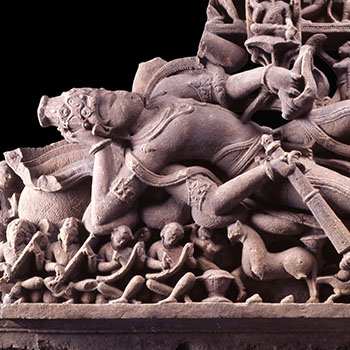
How are Hindu gods and goddesses described, experienced, and critiqued in South Asia? This course compares their representations in the context of local religious sites with their artistic representations in the museum's South Asian collection.
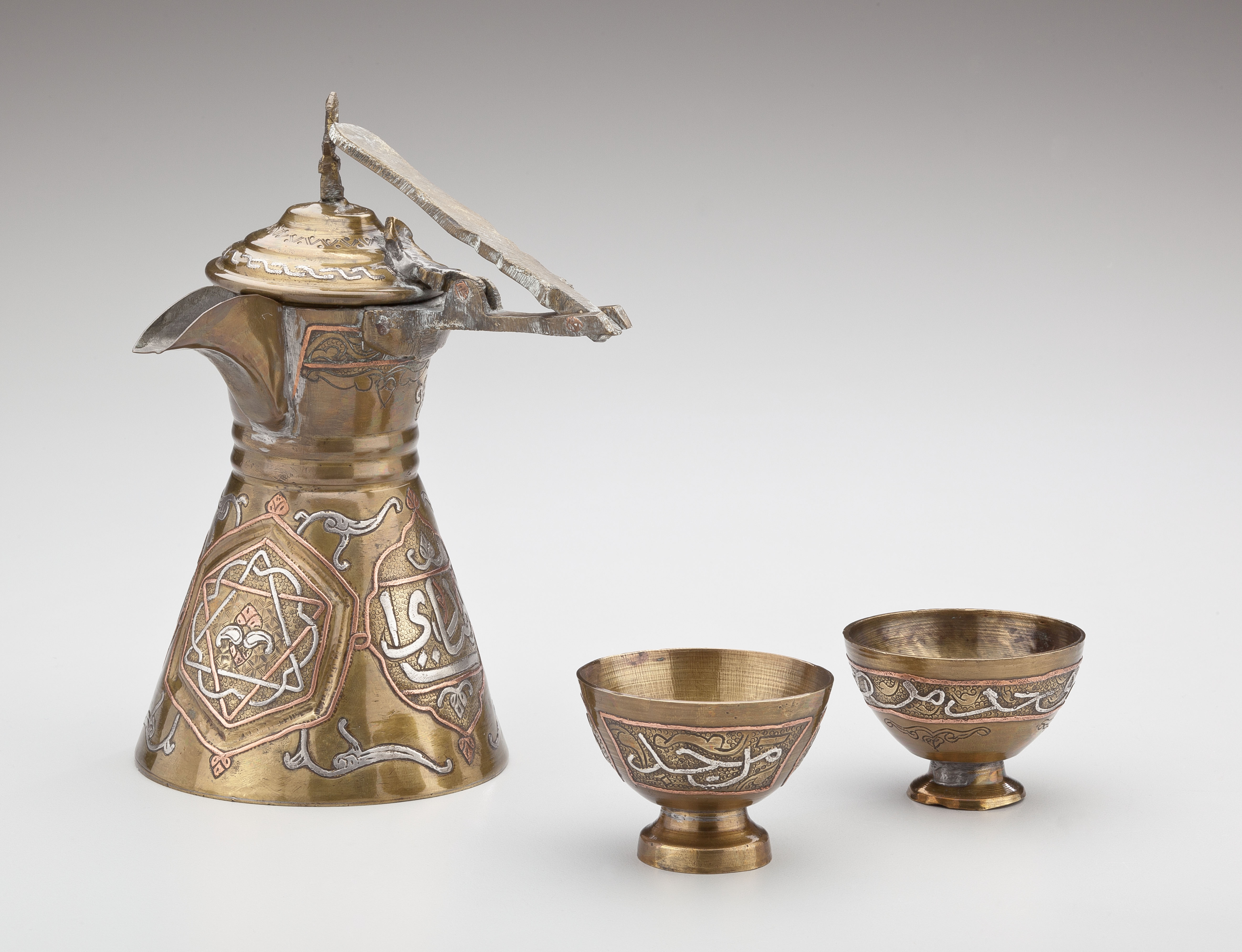
This second-year seminar explores the development of transregional economies and cultures through the study of four kinds of goods or commodities originating in the Middle East and the Indian Ocean region and radiating out of the broader Islamicate world. A special feature of this semester’s seminar is that it dovetails with Wondrous Worlds, a major exhibition of Islamic art hosted by the Carlos Museum.
Student Guides
Immerse yourself in exhibitions at the Carlos. Choose a special exhibition that intersects with your interests, learn about it, and share it with others.
Student Guides lead groups of university students and museum visitors through the galleries. Students must commit to serving as a guide for the duration of an exhibition and may choose to serve for multiple exhibitions during their time at Emory.
Interested?
Every semester, the Carlos will have 10-12 student guides. Recruitment for Student Guides takes place at the beginning of each semester. Students must be able to commit to attending all training sessions and leading a minimum of four tours during the run of the exhibition. Student Guides are paid the Emory hourly rate, and this position qualifies for payment through federal work study.
If you would like to become a student guide or learn more about the program, please contact Alice Vogler at alice.vogler@emory.edu.
Emory Student Membership
All Emory student members receive free admission to the museum, but student members receive additional benefits such as complimentary use of audio guides, free or discounted admission to museum events, a monthly e-newsletter, and a free one-year individual membership upon graduation (requires activation).
Just Graduated? Activate your free one-year membership HERE.
